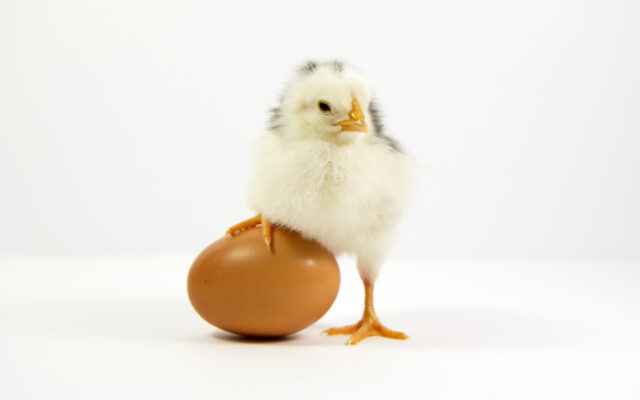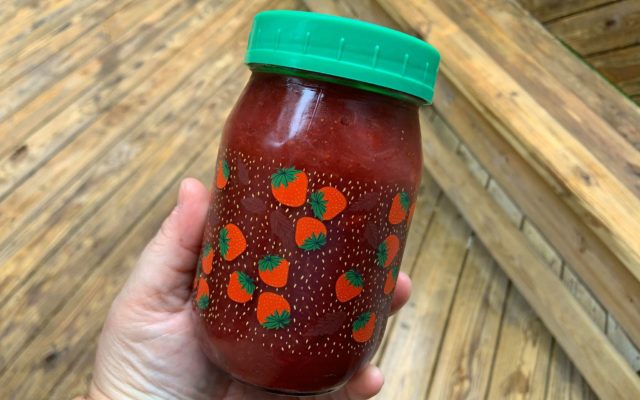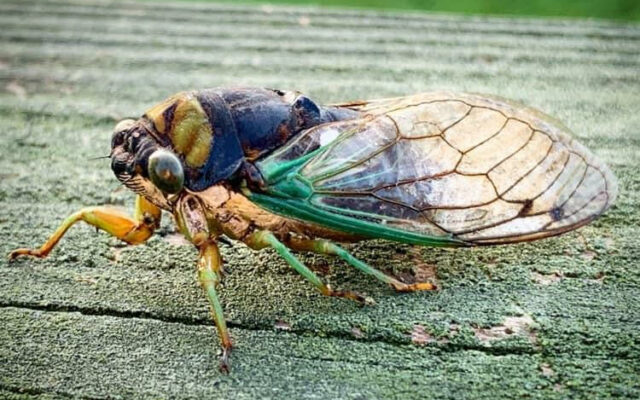Thinking about getting baby chicks?

I stopped in at Tractor Supply on Saturday morning. Of course, I had to look at the baby chicks. How could I not? There was a woman with her daughters and when they saw the babies they got all excited. We got to talking. They were going to get some new chicks for their flock. They’ve had chickens for 3 years. I convinced them to get some baby buff orpington’s. Out of the 8 years that I have had chickens they are a really good gentle breed that loves cuddles and attention. We also exchanged pics of each others chickens. haha It was so fun. I wished them luck and went on my way.
Are you thinking about getting baby chicks? There are some things to know before you get them. Just like any pet you need to be prepared but especially baby chicks.
According to MyPetChicken.com here is the Chick Supply Checklist which will give you handy information and tips to help you become successful at raising baby chicks at home.
Housing Essentials
- Brooder/Chick Enclosure
- Heater Plate or Heat Lamp Bulb
- Pine Shavings/Ground Cover
- Chick Waterer
- Chick Feeder
- Thermometer
Brooder Baby chicks need to be protected from drafts but still have adequate ventilation. This can be in the form of our Hen Pen Pop-Up Brooder, a cardboard box with holes for ventilation, a large plastic storage bin, an unused bathtub, or even a kiddie pool!
Heater Plate or Heat Lamp Bulb Baby chicks need to be kept pretty hot – think sauna! After placing your chicks in your brooder, pay close attention to their behavior. If they’re crowded together directly under or adjacent to the heat source, lower the heat source or add another. If, your chicks seem to be avoiding the heat source, they’re too hot! Move the heat source farther away from them. Happy chicks will explore all around the brooder.
Pine Shavings Baby chicks are big poopers, so make sure to line the floor of their housing unit with absorbent material. The best, we think, is to spread pine shavings about 1″ thick. *Do not use cedar shavings which can cause respiratory issues in your chicks.
Waterer Baby chicks have special needs regarding water. Dishes can make it easy for chicks to drown, and they’ll certainly do naughty things like walk in it, spill it, kick their bedding materials into it, and poop in it – meaning you’ll have to change it constantly. For the best results, we recommend you use a specially-designed chick waterer.
Feeder Chicks will jump in and kick the feed all over the place, poop in it, and worst-case scenario: they’ll tip it over and trap a baby underneath (this has happened!). Chick feeders that are designed intentionally for small chicks are highly recommended.
Thermometer If you are using a heat lamp instead of a heater plate, we recommend using a thermometer to ensure you have the accurate temperature in your brooder.
Food & Supplements:
- Starter/Grower Feed
- Chick Grit
- Vitamins, Probiotics, Electrolytes
- RopaPoultry
Starter/Grower Feed Suppliers have formulated special “starter feeds” complete with everything baby chicks need. It comes in either “crumbles” or “mash” (referring to how ground down it is) – either is fine. If you’ve had your chicks vaccinated against Coccidiosis, they’ll need an un-medicated feed. If not, or if you’ve only had them vaccinated for Marek’s Disease, medicated feed is a great way to keep them healthy those first few months. We also offer a terrific organic chick starter feed. How long do you feed baby chicks “starter feed” before switching to a feed called “grower” or “chick grower”? It all depends! Each manufacturer formulates their feed differently, so read the label and follow their instructions.
Chick Grit Use chick grit if you decide to feed your flock snacks or something other than chicken feed. Chicks will eat the grit and store them in their “crop.” When the food enters their crop, the pebbles from the grit will grind it to make digestion easier.
Probiotics & Electrolytes Give your chickens a nutritional boost with essential vitamins, electrolytes, and probiotic poultry supplements to help them stay hydrated and healthy.
RopaPoultry RopaPoultry prevents viral and bacterial ailments and treats digestive issues like sour crop, vent gleet, pasty butt and diarrhea. We use it in our own flocks to successfully head off respiratory and digestive issues before they start.
Just for Fun:
- Peep Pouch
- Chick Jungle Gym
Peep Pouch Think of the Peep Pouch as a swaddle for baby chicks. If you need to warm up a chick who’s chilled, gently hold a weak baby you’re offering a special feed, or secure and keep warm a baby you’re caring for, the Peep Pouch is just the ticket. They’re also a great way to let younger kids hold a baby for a few minutes, without having to worry the chick will be mishandled. Plus, they keep any droppings contained for easy clean up.
Jungle Gym Fight boredom, encourage activity, and give your chicks a fun place to roost, hop and rest with our Chick Jungle Gym. It’s recommended for chicks one week to eight weeks old.
Other Items:
- Chick First Aid Kit
- DooKashi Deodorizer
Chick First Aid Kit Clean, treat, and dress wounds to ensure that your baby bird bounces back from its injury! Our team of eggs-perts here at My Pet Chicken combined our years of chicken-keeping experience to come up with the essential items in the chick first aid kit that we think every new chick owner should have on hand.
DooKashi Deodorizer Ammonia buildup is the number one reason chickens get ill. They have an especially delicate respiratory system, so nothing compromises their health like poo stench. The 100% organic, beneficial bacteria (probiotics) in DooKashi do battle with germs at the microbial level, reducing dangerous pathogens and neutralizing odors.



